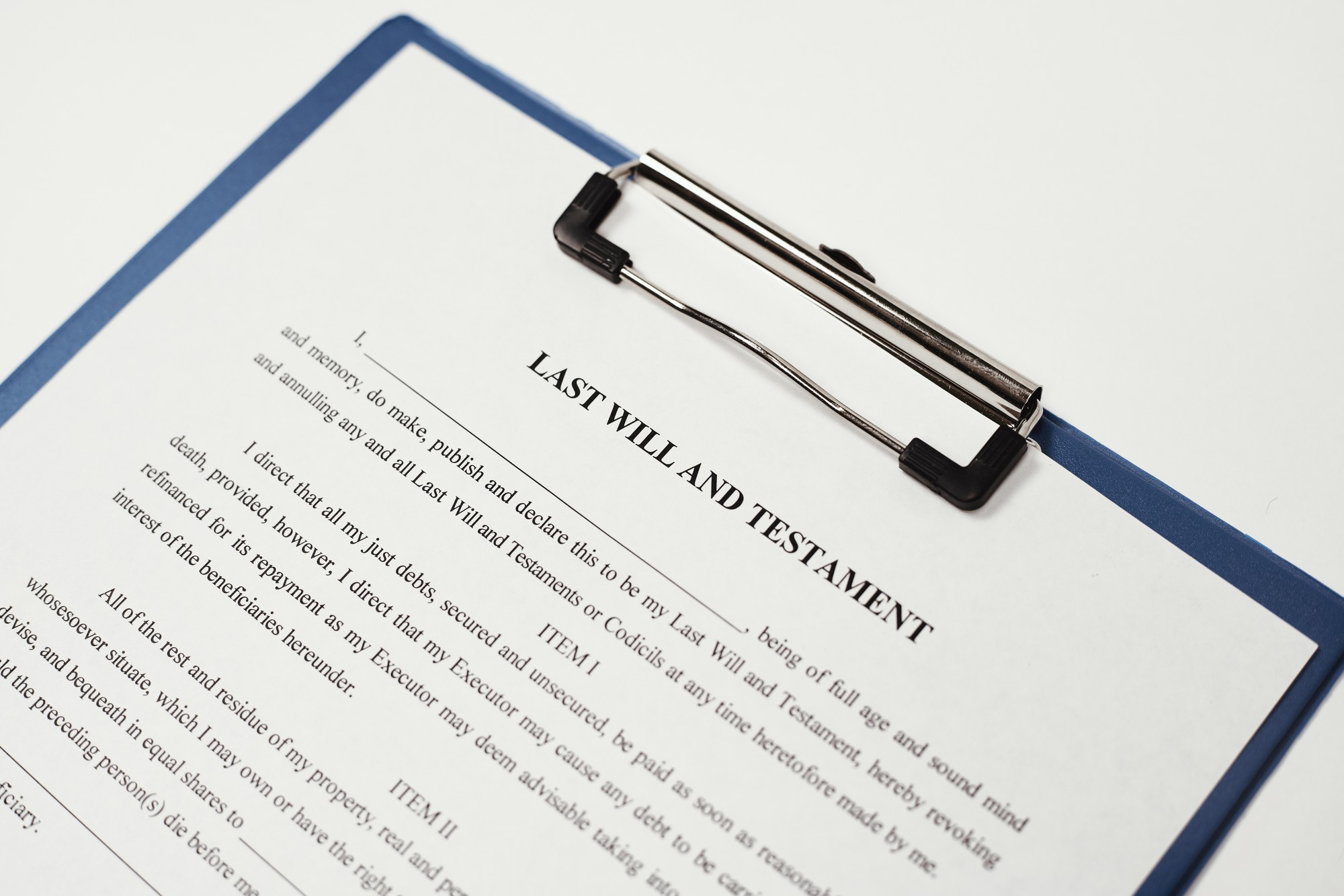Health Care Proxies

A health care proxy in Massachusetts refers to a legal document that allows an individual (referred to as the “principal”) to appoint another person (known as the “health care agent” or “proxy”) to make health care decisions on their behalf if they become unable to do so. The health care proxy ensures that the individual’s medical treatment preferences are followed when they are unable to communicate or make decisions for themselves.
Here are key points regarding health care proxies in Massachusetts:
In Massachusetts, the Health Care Proxy law is governed by Massachusetts General Laws, Chapter 201D.
The document must be in writing, signed by the principal, and witnessed by at least two adults who are not named as health care agents.
- Agent’s Authority – The health care agent has the authority to make medical decisions on behalf of the principal only when the principal is unable to make or communicate their own decisions.
- Scope of Authority – The health care proxy can cover a broad range of medical decisions, including treatment options, surgeries, and end-of-life care. The principal can specify any limitations or preferences in the document.
- Decision-Making Criteria – The health care agent is typically guided by the principal’s known wishes, as expressed in the health care proxy or through conversations with the principal. If the principal’s wishes are unknown, the agent is expected to act in the best interest of the principal.
- Revocation – The principal has the right to revoke or change the health care proxy at any time, as long as they are of sound mind and able to communicate their wishes.
- Interactions with Advance Directives – The health care proxy is often part of an individual’s broader advance care planning, which may include a living will or other documents expressing specific medical treatment preferences.
- Appointment of Alternate Agents – The principal may choose to appoint alternate health care agents who can step in if the primary agent is unable or unwilling to fulfill their role.
- Access to Medical Information – The health care proxy may include provisions allowing the health care agent access to the principal’s medical records to aid in decision-making.
- Health Care Facilities Recognition – Health care facilities in Massachusetts generally recognize health care proxies, but it’s essential to ensure that a copy is provided to relevant medical professionals and institutions.
For more information about Massachusetts Health Care proxies, contact Collinson Law today.


